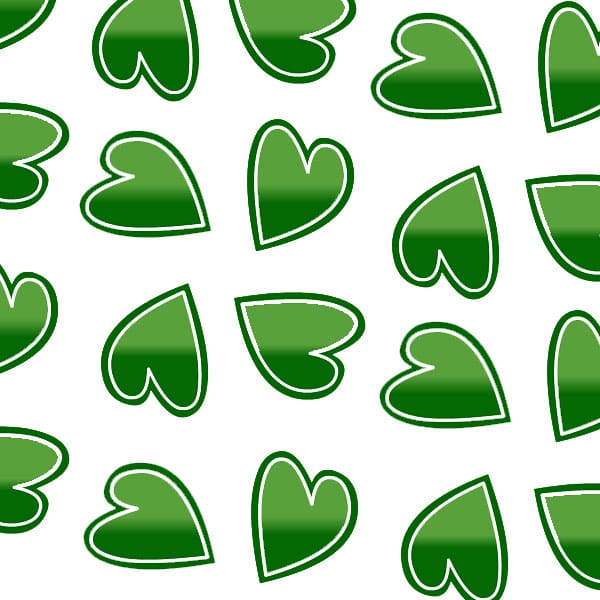Artist David OReilly writes a defence of one of the Internet’s most controversial websites, claiming that, like the depths of the human psyche, it's part cesspit and part creative fount. Most people are familiar with the imageboard 4chan through media outlets characterising it as the Internet's diseased, necrotic, pus-spewing asshole – a place for creeps, pervs and trolls to comfortably plot terrorism. What's never heard under all the moralistic drum-beating is how genuinely original and influential the site has been. The same websites making millions from cat pictures and memes distance themselves from the source, and it's never given credit for its unique tone or humour.
I discovered the site in 2005 and frequented it for a couple of years. It was unlike anything else online at the time, filled with in-jokes, strange references, unfiltered violence, cuteness, beauty, hate and nonsense. Outside the lens of what’s morally good or bad, the site's rapidly flowing content forced a new kind of communication out of its users, something immediate and striking using the components of image and text in combination. There was a particular style to the rapid back-and-forth commenting on the site which existed in isolation from every other online community.
Ideas flourish in the absence of hierarchy. 4chan's built-in anonymity obliterated ego from the conversation, leaving a pure collective id to run around naked. The id's impulses can be aggressive, sexual, cruel, but it's also the drive to create, to experiment, to express whatever, without worrying about consequence. Speech is free online, but it's freer on 4chan. The endless train of absurdity on there influenced me more than any artistic movement or filmmaker, for better or for worse.
Looking back, it's clear that a lot of the tone and language grown in this petri dish are now taken for granted, and amount to what we collectively think of as "Internet". We'll never know how many words the users of 4chan have added to Urban Dictionary, but I wouldn't doubt if it was hundreds of times more than Shakespeare ever added to the non-urban edition of that book. (Incidentally, some people believe that Shakespeare was also an anonymous collective). Even the now ubiquitous idea of image + superimposed text was popularised by the site, and you'd be damned to find anyone using the Impact font before it was on there. So much of our contemporary culture was born in place where you have a quarter of a second to grab the world's weariest eyeballs.
The Internet is now a place where the ego is allowed to flourish more than ever – suddenly all of humanity is required to have a personal brand and is charged with the task of cultivating it for everyone they know. Just as the ego is in constant denial of the id, this new Internet is in denial of 4chan — ashamed of it, blaming it whenever possible and wishing it would go away. The discourse about its morality and ignorance of its role will probably never go away — articles are more easily carved out when you have a bad guy, but for myself and a generation of artists, it's been seminal to the face of the modern world.
davidoreilly.com
David OReilly
…is an artist and short-film maker whose work frequently appears on the international film festival circuit. OReilly’s digital animations are at turns absurd, violent, poetic and humorous, but always with a compelling narrative drive, even within vignettes that last just a few seconds. Aesthetically, OReilly's work plays with the limitations of and errors within his medium. As the artist has stated: “New technology always creates a crisis of representation. It was the same for painting – when cameras came along, painting became a lot more abstract quite suddenly. The great realisation was how much you could show by displaying so little, and the same is true with animation, there’s a huge spectrum of emotion through this basic toolkit”.
4chan
…was launched in 2003 by its then fifteen-year-old creator as an imageboard website originally intended as a destination to discuss Japanese comics. All posts are anonymous and appear in reverse chronology. It is famous for popularising such memes as lolcats, Rickrolling and "Chocolate Rain”. The website spans the spectrum from the spurious and surreal to the militant, with the community renowned for instigating some of the largest known DDoS attacks; as the Washington Post explains, “the site's users have managed to pull off some of the highest-profile collective actions in the history of the Internet.” 4chan was fundamental in the establishment of hacktivist group Anonymous.
September 25, 2014 3 minutes read
4Goodness Sake
Artist David OReilly writes a defence of one of the Internet’s most controversial websites, claiming that, like the depths of the human psyche, it's part cesspit and part creative fount.

